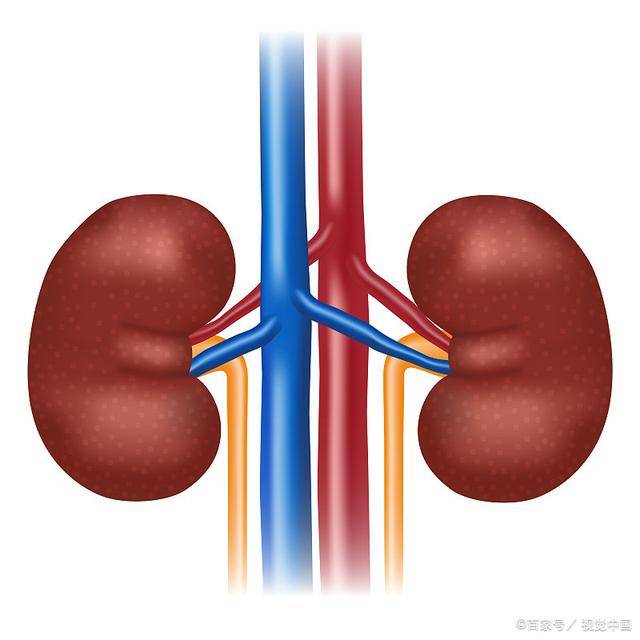Today, another friend with high blood pressure complained to me in the clinic, saying: “I’ve had high blood pressure for more than 10 years and have been controlling it with antihypertensive medication. But in the end, all the medications ruined my kidneys.”
I believe that in real life, many friends have similar concerns: will long-term use of antihypertensive medications cause sustained damage to the kidneys, eventually leading to renal failure? Today, let’s discuss this issue.
Compared to high blood pressure, which causes more harm to the kidneys, antihypertensive medications pose minimal risk. One of the most common complications of high blood pressure is kidney damage. The kidney’s function is carried out by the nephron, with the primary functional structures being the renal corpuscle and the renal tubule.
The reason high blood pressure can cause kidney damage is that after the blood pressure rises, the arterial pressure in the kidneys increases, leading to arterial wall hardening, narrowing, ischemia, which can result in pathological changes in the renal corpuscles and renal tubules. Ultimately, this leads to glomerulosclerosis, tubular atrophy, and loss of renal unit function.
Once the nephrons are damaged, it is irreversible. However, the kidneys have a strong compensatory ability, and as long as 1/3 of kidney function is normal, the body will not show abnormal symptoms. Therefore, kidney damage in the early stages is difficult to detect and once symptoms appear, it is often irreversible.
The harm of antihypertensive medications to the kidneys is usually due to drug metabolism. Currently, commonly used antihypertensive medications in clinical practice have varying degrees of impact on the kidneys, but this impact is generally tolerable by the body. Symptoms only appear when there is severe renal insufficiency. Therefore, compared to high blood pressure, the harm of antihypertensive medications to the kidneys is minimal.
Why do some people still end up with kidney failure despite using antihypertensive medications?
Many people wonder why kidney damage occurs despite continuous use of antihypertensive medications? This is closely related to incorrect medication practices and some unhealthy habits. Common factors include:
1. Not monitoring blood pressure regularly after taking medication.
2. Fear of developing medication resistance, leading to frequent changes in antihypertensive medications.
3. Adjusting medication doses without medical advice due to concerns about side effects.
4. Solely relying on medication for blood pressure control without lifestyle modifications.
To protect kidney function while managing hypertension, it is essential for individuals to monitor blood pressure regularly, undergo kidney function tests, use antihypertensive medications appropriately under medical guidance, and maintain a healthy lifestyle. By incorporating these practices, one can effectively reduce the risk of kidney damage caused by hypertension treatments.


